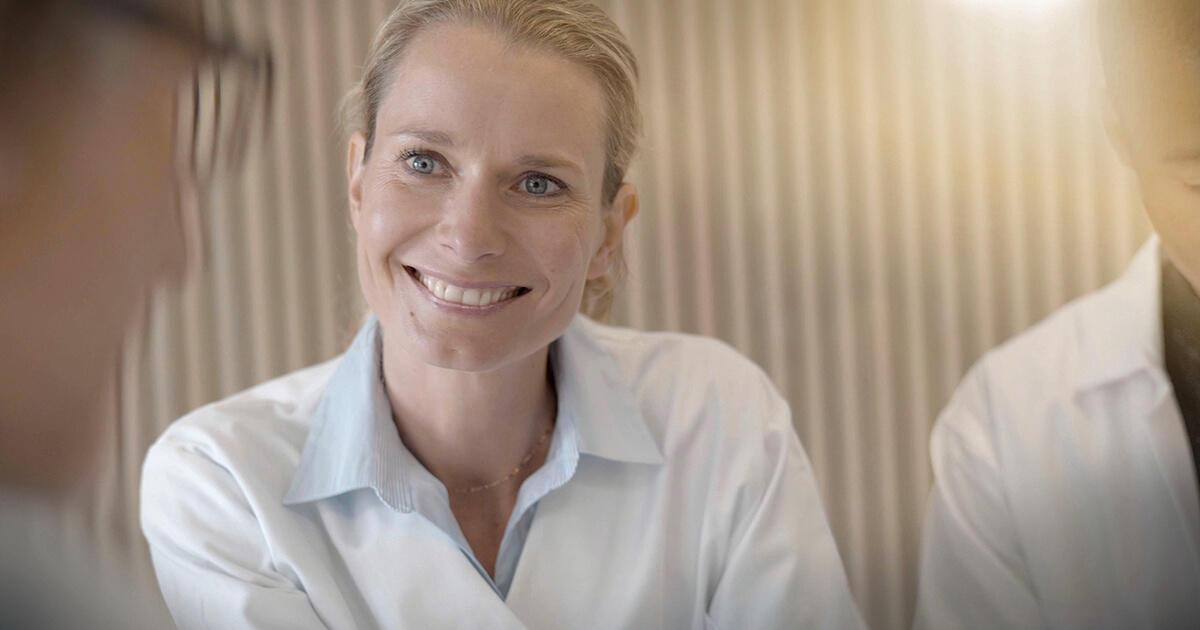In 2020, the American Nurses Association (ANA) extended Nurses Week to a well-deserved monthlong event to honor and support nurses. Now each May is National Nurses Month, and each week of the month focuses on a different theme. Community engagement is the theme for the final week of the celebration, May 22 –31. Celebrate Nurses Month by discovering why community engagement is important for nurses and how communities benefit from it.
What Is Community Engagement?
The World Health Organization (WHO) defines community engagement as cultivating collaborative relationships with community members with the goals of addressing health issues and promoting well-being.1 That may sound like a time-consuming process, but it doesn’t have to be. Nurses can make a big difference in their communities through efforts small or large.
Seven Ways Nurses Can Engage With Their Communities
Engage with your community on your terms, whether you want to collaborate on a regular basis, at an annual event, through a volunteer activity you already enjoy, or when your community needs you most. Here are seven ways for nurses to embrace community engagement:
- Volunteer at a community event. Connect with community members directly by providing health screenings, distributing information about health issues, or sharing tips on ways to improve health at a fair, festival, or other event.
- Share health information with a group you’re already involved in. Choose an organization or activity that you enjoy, and you can naturally find ways to share your nursing expertise. If you’re a member of a community garden, you could help fellow gardeners make the connection between eating more fruits and vegetables and good health. If you participate in your school’s parent-teacher organization, you could lead a committee devoted to improving student health. If you’re active in your church, offer to host a disease-prevention or stress-management class for interested members of the congregation.
- Join a local healthcare coalition (HCC). An HCC is a group of healthcare organizations that work together to improve the health of their communities.2 Find out if there is an HCC in your area, and then check to see if the hospital or clinic you work for participates in it and how you can get involved. You may be able to help better prepare your community for potential emergencies and work with like-minded healthcare providers to address complex health issues.
- Participate in disaster response. Be there when your community needs you most. Help your community recover from an emergency or a natural disaster by providing medical assistance and support.
- Use social media for good. If you enjoy posting photos to Instagram, participating in Facebook groups, or making TikTok videos, use your social media skills to share health tips, resources, and information. Be a trusted source of accurate information for your community.
- Advocate for policy change. You can teach a patient how to take their diabetes medication, but how can you truly help that patient and their family if they don’t have access to nutritious food or a safe place to exercise? Social determinants of health (SDOH) have a big impact on community health. Economic stability, access to quality healthcare and education, safe housing and transportation, job opportunities, clean air and water, and availability of nutritious foods are all examples of SDOH.3 See what boards and committees your city has established and how you can get appointed to a board. As a board or committee member, you can provide your valued health perspective on critical issues like food insecurity, housing, transportation, and other social needs.
- Mentor a future nurse. Help your community overcome a potential nursing shortage by becoming a nurse mentor. By offering your support and guidance, you can help your mentee avoid burnout and enjoy a successful nursing career.
Why Is Community Engagement Important for Nurses?
Great things happen when nurses engage with their communities! Developing positive relationships with the community members you care for can yield results like these:
- You can help community members feel more comfortable seeking healthcare. Regular healthcare can help patients prevent health issues, detect and treat health conditions, and manage chronic conditions. Knowing that the friendly face they see in the community is at the clinic or hospital can encourage your fellow community members to seek care early, when many health problems are more treatable.
- You can help ease the nursing shortage. More nurses are needed! By being a well-known community member, role model, and/or mentor, you can inspire more people to become nurses.
- You can help improve the health of your community. Good nurses advocate for their patients. Great nurses advocate for them beyond the hospital level. By advocating for policies that improve social determinants of health, your entire community can enjoy better health.
For more than two decades, nurses have ranked number one for honesty and ethics in Gallup’s annual survey of professions. Nurses are rated as more trustworthy than doctors, clergy, judges, business executives, and over a dozen other professions.4 Your community trusts you. Through community engagement, you can become a more effective nurse and truly can make a positive difference.
Want to become a trusted nurse providing quality care to your community? A master’s degree in nursing from Walden University can provide the education you need for the career you want. Walden’s Commission on Collegiate Nursing Education (CCNE)-accredited nursing programs, including an online MSN, can help you prepare for certification and credentialing as a nurse practitioner or provide the specialized education for a career as a nurse leader or nurse educator. Learn more about Walden’s CCNE-accredited online Master of Science in Nursing (MSN) program today.
Walden University is an accredited institution offering a Master of Science in Nursing program and other nursing degree programs online. Expand your career options and earn your degree in a convenient, flexible format that fits your busy life.
1Source: www.who.int/publications/i/item/9789240010529
2Source: https://www.cms.gov/about-cms/agency-information/emergency/epro/resources/state-resources
3Source: https://ojin.nursingworld.org/table-of-contents/volume-23-2018/number-3-september-2018/adopting-health-in-all-policies-approach/#:~:text=Volunteer%20to%20participate%20in%20policy,e%2Dblasts%20of%20current%20issues
4Source: news.gallup.com/poll/467804/nurses-retain-top-ethics-rating-below-2020-high.aspx
The baccalaureate degree program in nursing (BSN), master’s degree program in nursing (MSN), post-graduate APRN certificate program, and Doctor of Nursing Practice (DNP) program at Walden University are accredited by the Commission on Collegiate Nursing Education (www.ccneaccreditation.org).
Walden University’s Master of Science in Nursing (MSN) program is designed to provide the academic degree required to apply for national certifications. Because no graduate program can guarantee that graduates will achieve national certification, we encourage students to consult the appropriate credentialing center for the specific requirements. It is an individual’s responsibility to understand, evaluate, and comply with all requirements relating to national certification as requirements vary widely. Walden makes no representations or guarantee that completion of Walden coursework or programs will permit an individual to obtain national certification. For more information about certification programs, students should contact the American Nurses Credentialing Center at www.nursingworld.org/ancc, or other certification websites.
Walden University is accredited by The Higher Learning Commission, www.hlcommission.org.





